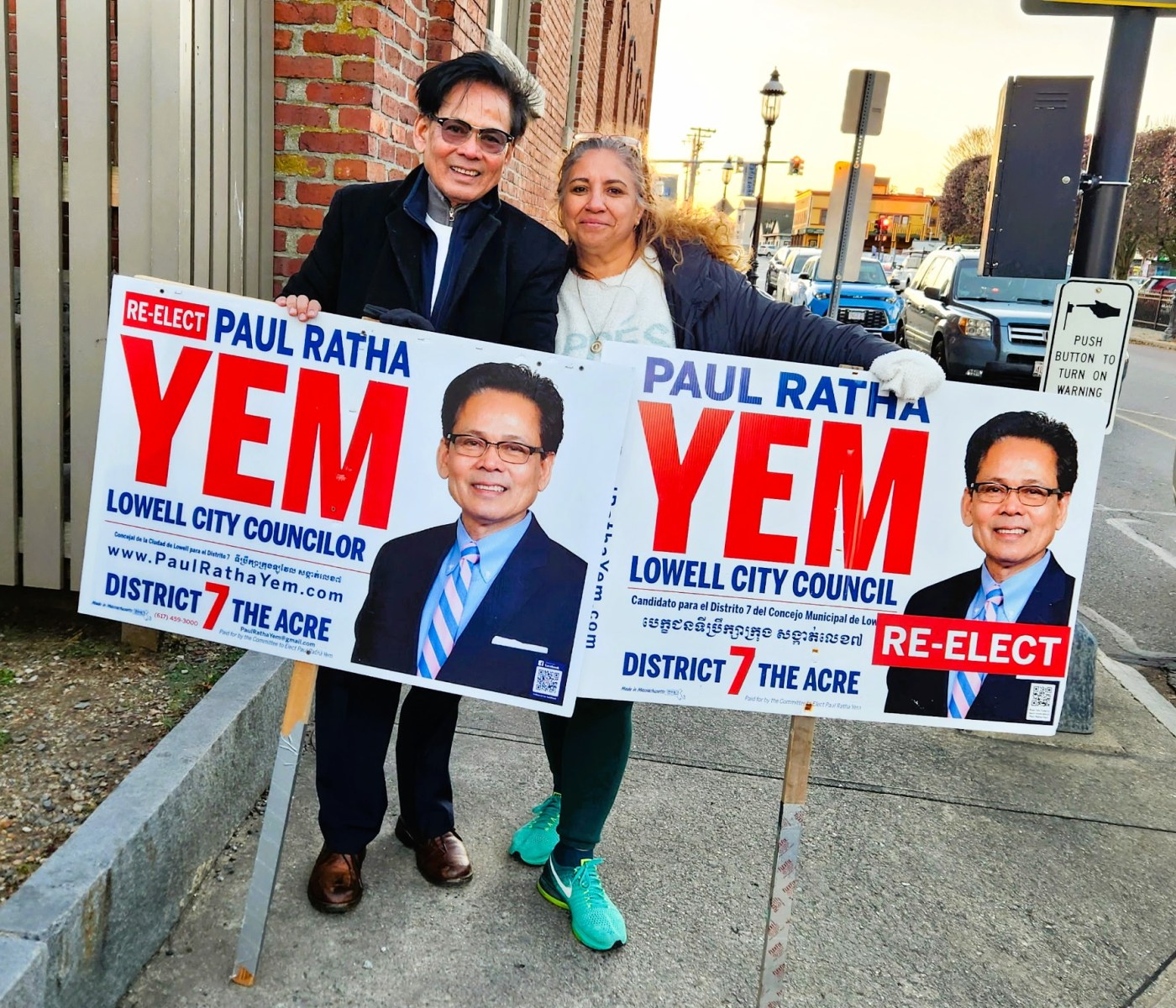Voter turnout in Lowell’s recent municipal elections was notably low, with approximately 89% of registered voters opting not to cast a ballot. This lack of engagement may stem from a sense of indifference towards the incumbents, who often seem to hold a firm grip on power. Despite this trend, the elections demonstrated that change is possible, as several long-standing officeholders faced challenges from newcomers, resulting in significant upsets.
In the City Council races, two incumbents were unseated, signaling a shift in some districts. In District 7, veteran City Councilor Paul Ratha Yem lost his seat to challenger Sidney Liang. Unofficial results indicated that Liang garnered 397 votes, compared to Yem’s 303 votes. This outcome mirrored the preliminary elections held on September 9, where Liang had already outperformed Yem, securing his position as the top vote-getter in that contest.
Similarly, in District 4, newcomer and special education teacher Sean McDonough defeated two-term incumbent Wayne Jenness by a margin of 410-358. This victory underscores a potential shift in voter sentiment among younger constituents who are embracing candidates with fresh perspectives.
In contrast, the District 8 race saw incumbent John Descoteaux narrowly defeat challenger Marcos Candido, with a count of 724-685. Candido expressed pride in his campaign’s efforts to increase voter turnout, even in a closely contested race.
The most dramatic moment of the election unfolded in District 3, where first-time candidates Belinda Juran and Dan Finn faced off in a nail-biting contest. Juran ultimately won the seat vacated by Corey Belanger by a mere four votes, with a final tally of 1,143-1,139. This result may prompt a recount, given the extremely narrow margin and the potential for provisional ballots to influence the final outcome.
While these upsets marked significant moments in the election, the overall voter turnout remained low. The lack of contested races might have contributed to the paltry turnout. In District 5, incumbent Kim Scott easily retained her seat against challenger Sherri Barboza, winning 610-163. Scott’s reputation as a diligent and caring representative may have played a crucial role in her success.
In the at-large City Council race, incumbents Vesna Nuon, Eric Gitschier, and Rita Mercier were re-elected without significant challenges. Nuon led the ticket with 4,889 votes, followed by Gitschier with 4,705 votes, and Mercier with 4,173 votes. First-time candidate Sixto DeJesus made a notable impression, securing 2,987 votes against established incumbents, indicating his potential for future success.
In the School Committee election, Danielle McFadden, a first-time candidate and president of the Greater Lowell Chamber of Commerce, topped the ballot with 4,526 votes. Incumbent Connie Martin secured the second at-large seat with 3,889 votes. Challengers Bob Hoey and Zoe Dzineku finished with 2,323 and 1,723 votes, respectively. McFadden expressed her gratitude for the opportunity to serve on the School Committee, emphasizing her commitment to the community.
The recent elections in Lowell raise questions about voter engagement and the effectiveness of efforts to create more representative governance. The consent decree aimed at enhancing minority representation may require reevaluation, especially in light of the low turnout and the limited number of contested races. As Lowell navigates these challenges, the outcomes of this election may serve as a catalyst for future political engagement among its residents.





































































